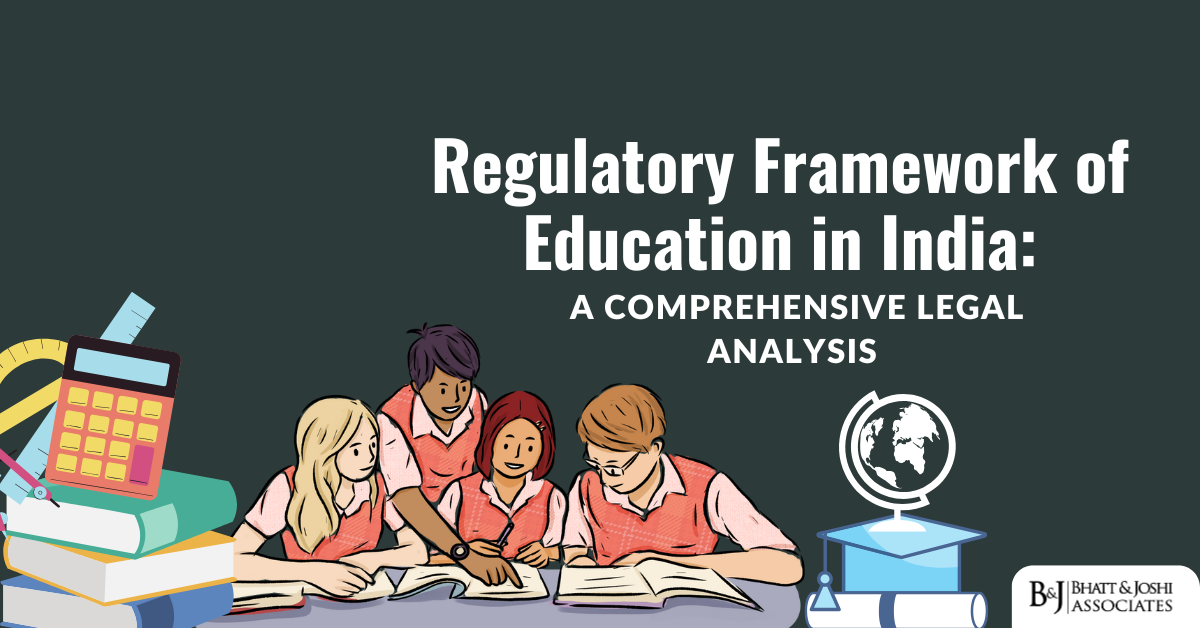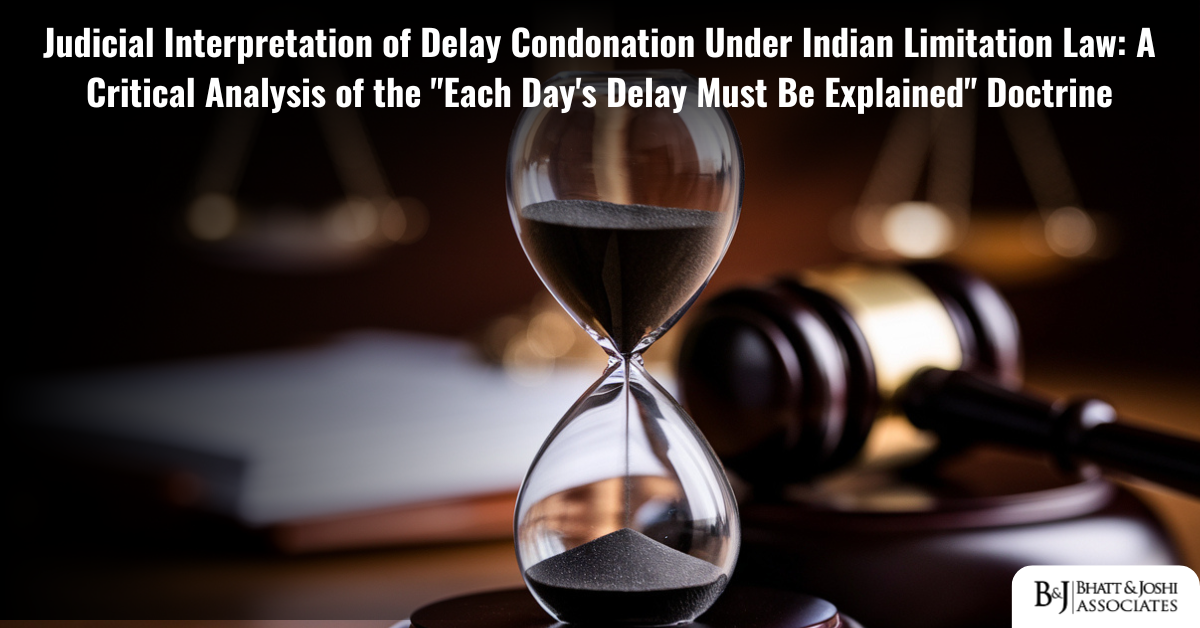What is a preferential transaction?
A Preferential Transactions is a transfer of property or an interest thereof by a corporate debtor to a creditor or a guarantor for or on account of an antecedent debt or liability, which puts such creditor or guarantor in a better position than they would have been in the event of a distribution of assets in accordance with Section 53 of the IBC. Section 53 lays down the order of priority for payment of debts in liquidation, which gives preference to secured creditors over unsecured creditors and operational creditors over financial creditors.
A preferential transaction is deemed to be given at a relevant time if it is made within two years before the insolvency commencement date in case of a related party, or within one year in case of an unrelated party. A related party is defined under Section 5(24) of the IBC as a person who is a director, partner, key managerial personnel, relative, promoter, voting shareholder, or a person who has control over the corporate debtor.
What is the purpose of avoiding Preferential Transactions?
The purpose of avoiding preferential transactions is to ensure that all creditors are treated equally and fairly in the insolvency process and that no creditor gets an undue advantage over others by receiving payment or security from the corporate debtor before its insolvency. This also prevents the corporate debtor from siphoning off its assets or favouring certain creditors at the expense of others.
What is the exception under Section 43(3)(a) of the IBC?
Section 43(3)(a) of the IBC provides that a transaction will not qualify as a preferential transaction if it is made in the ordinary course of business or financial affairs of the corporate debtor or the transferee. This means that the transaction is not intended to favour any particular creditor or to defraud any other creditor, but is a normal and routine transaction that is necessary for the functioning of the business or the financial relationship.
The exception under Section 43(3)(a) of the IBC is based on the principle that not every transfer of property or interest by a corporate debtor to a creditor or a guarantor is prejudicial to other creditors or amounts to giving preference. Some transactions are bona fide and commercially justified and do not affect the rights and interests of other creditors. Therefore, such transactions are excluded from the scope of preferential transactions and are not liable to be avoided by the liquidator or the resolution professional.
How is the exception under Section 43(3)(a) of the IBC determined?
The determination of whether a transaction falls under the exception under Section 43(3)(a) of the IBC depends on the facts and circumstances of each case. The burden of proof lies on the person who claims that the transaction was made in the ordinary course of business or financial affairs. Some factors that may be considered for this purpose are:
- The nature and purpose of the transaction
- The frequency and regularity of similar transactions
- The terms and conditions of the transaction
- The relationship between the parties
- The impact of the transaction on other creditors
- The timing and proximity of the transaction to insolvency
What are some examples of Preferential Transactions that may fall under the exception under Section 43(3)(a) of the IBC?
Some examples of transactions that may fall under the exception under Section 43(3)(a) of the IBC are:
- Payment of trade debts or operational debts by a corporate debtor to its suppliers, vendors, service providers, etc. in accordance with normal business practices
- Granting or receiving security for new value by a corporate debtor or a creditor in exchange for goods, services, credit, etc. that are essential for running the business
- Repayment or refinancing of existing debts by a corporate debtor to its lenders on commercially reasonable terms and conditions
- Transfer of property or interest by a corporate debtor to its shareholders as dividend or distribution in accordance with law and policy
Section 44 of the IBC: Orders in Case of Preferential Transactions
Section 44 of the IBC: Orders in Case of Preferential Transactions
What is Section 44 of the IBC?
Section 44 of the IBC empowers the Adjudicating Authority (the National Company Law Tribunal or NCLT) to pass orders for avoidance of preferential transactions on an application made by the liquidator or the resolution professional under Section 43(1) of the IBC. The orders that can be passed by the NCLT under Section 44 are:
- To require any property transferred in connection with giving preference to be vested in the corporate debtor
- To require any property to be vested in the corporate debtor if it represents the application either of proceeds from sale or money transferred in connection with giving preference
- To release or discharge any security interest created by the corporate debtor
- To require any person to pay such sums in respect of benefits received by him from the corporate debtor as the NCLT may direct
- To direct any guarantor whose debts were released or discharged by giving preference to be under such new or revived debts as the NCLT deems appropriate
- To provide security or charge on any property for the discharge of any debt under the order and such security or charge to have the same priority as a security or charge released or discharged by giving preference
- To provide the extent to which any person whose property is vested in the corporate debtor or on whom debts are imposed by the order are to be proved in the liquidation or the corporate insolvency resolution process
What are the conditions for passing orders under Section 44 of the IBC?
The orders under Section 44 of the IBC can be passed only if the following conditions are satisfied:
- The transaction is a preferential transaction as defined under Section 43(2) of the IBC
- The transaction is made at a relevant time as defined under Section 43(4) of the IBC
- The transaction does not fall under the exception under Section 43(3) of the IBC
- The transaction is not made in pursuance of an order of a court
What are the limitations of orders under Section 44 of the IBC?
The orders under Section 44 of the IBC are subject to certain limitations, as provided in the proviso to Section 44. These are:
- The orders shall not affect any interest in property which was acquired from a person other than the corporate debtor or any interest derived from such interest and was acquired in good faith and for value
- The orders shall not require a person who received a benefit from the preferential transaction in good faith and for value to pay a sum to the liquidator or the resolution professional
Interplay between Section 43(3)(a) and Section 44 of the IBC to Preferential Transactions
How does Section 43(3)(a) affect Section 44 of the IBC?
Section 43(3)(a) affects Section 44 of the IBC by providing an exception to preferential transactions, which are otherwise liable to be avoided by orders under Section 44. If a transaction is made in the ordinary course of business or financial affairs of the corporate debtor or the transferee, it will not be considered as a preferential transaction and will not be subject to avoidance under Section 44.
How does Section 44 affect Section 43(3)(a) of the IBC to avoid ?
Section 44 affects Section 43(3)(a) of the IBC by providing a remedy for avoiding preferential transactions, which are not covered by the exception under Section 43(3)(a). If a transaction is not made in the ordinary course of business or financial affairs of the corporate debtor or the transferee, it will be deemed as a preferential transaction and will be subject to avoidance under Section 44.
Case Study: Ashique Ponnamparambath vs Vibin Vincent & Anr
Facts of the case Preferential Transactions
The case involved an appeal against an order passed by NCLT Kochi, which declared certain transactions as preferential transactions and directed their avoidance under Section 44 of the IBC. The appellant was a related party of Koyenco Autos, a corporate debtor undergoing liquidation. The appellant had received various amounts from Koyenco Autos’ bank account within two years before its insolvency commencement date. The liquidator filed an application before NCLT Kochi seeking avoidance of these transactions as preferential transactions under Section 43 and 44 of the IBC. The appellant contested this application and claimed that these transactions were not preferential transactions, but were made in the ordinary course of business or financial affairs of Koyenco Autos or himself, as per Section 43(3)(a) of the IBC.
Decision of NCLT Kochi regarding Preferential Transactions
NCLT Kochi rejected the appellant’s claim and held that these transactions were clearly preferential transactions under Section 43(2)(a) of the IBC, as they were transfers of property or interest for the benefit of a creditor (the appellant) for or on account of an antecedent debt owed by Koyenco Autos. NCLT Kochi also held that these transactions had put the appellant in a beneficial position than he would have been in case of distribution of assets as per Section 53. NCLT Kochi further held that the appellant had failed to prove that these transactions were made in the ordinary course of business or financial affairs of either party, as per Section 43(3)(a) of the IBC. NCLT Kochi observed that the appellant had not given any clarity or reason as to why such transfers were made in his favour from Koyenco Autos’ account.














